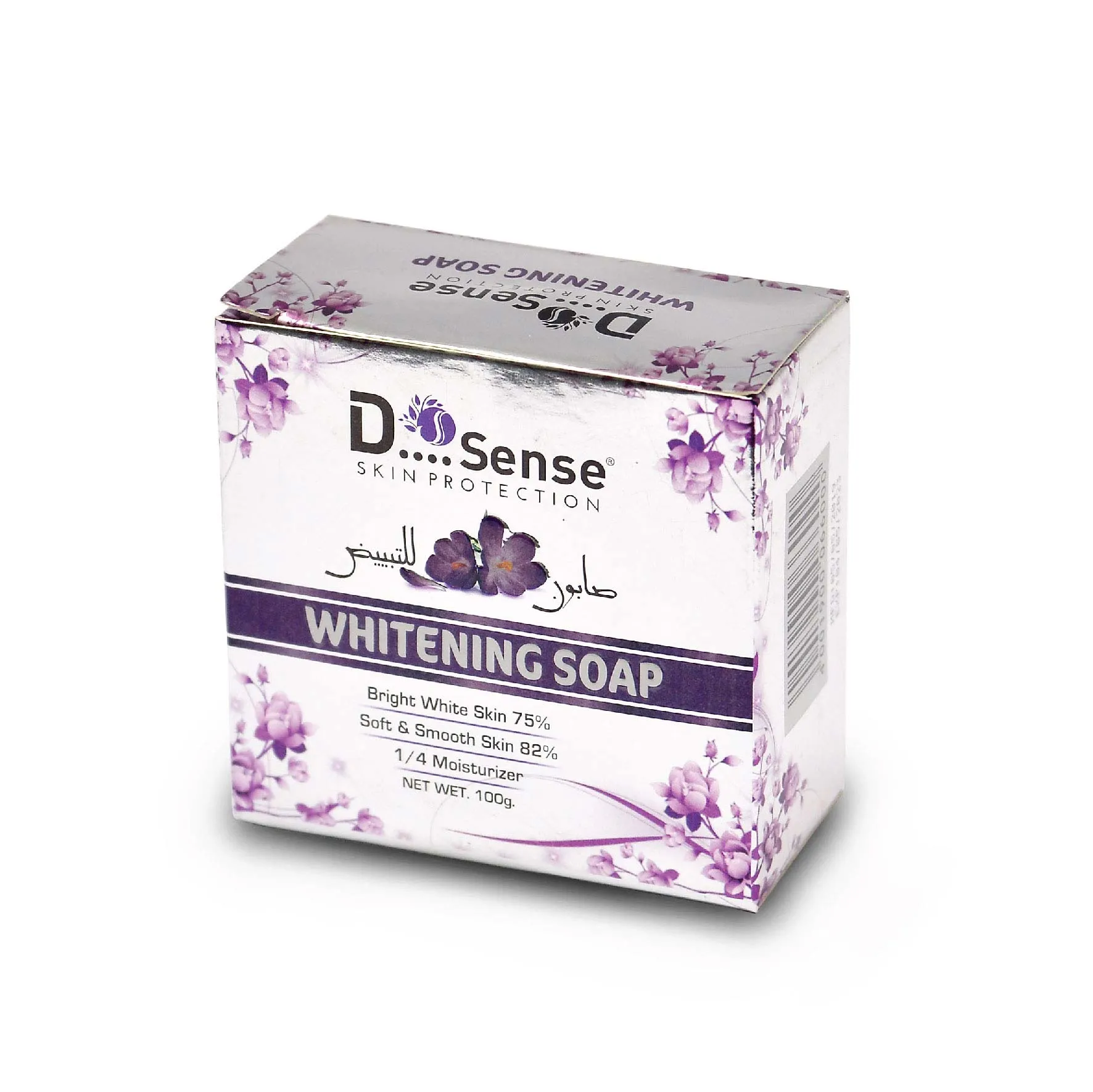In the quest for radiant and flawless skin, many individuals turn to whitening soaps. These products promise to lighten the skin, reduce dark spots, and even out skin tone. But do these soaps live up to the hype? This article delves into the top 5 benefits of using whitening soap, exploring how they work, what ingredients to look for, and the precautions to take. Understanding the potential advantages and drawbacks is essential before incorporating whitening soap into your skincare routine. Whether you’re aiming to diminish hyperpigmentation or simply enhance your complexion, this guide will help you make informed choices for your skin.
The Benefits of Whitening Soap
Whitening soaps offer several advantages for those seeking brighter, more even-toned skin. The key benefits revolve around skin lightening and the reduction of imperfections. They work by targeting melanin, the pigment responsible for skin color. While results vary depending on the product, skin type, and consistency of use, the potential improvements are notable. Many users experience significant changes in their skin’s appearance. However, it’s crucial to be aware of the ingredients and use the product safely to prevent adverse effects. Regular use, coupled with proper skincare practices, can lead to visible improvements. Remember to always prioritize your skin health and seek professional advice when needed.
Skin Brightening
The primary aim of whitening soap is skin brightening. This benefit involves lightening the overall skin tone, giving the complexion a more luminous and healthy appearance. Effective whitening soaps often contain ingredients that inhibit the production of melanin or promote its breakdown. These ingredients work by interfering with the enzyme tyrosinase, which is essential for melanin synthesis. Consistent use can lead to a gradual but noticeable lightening of the skin. It’s important to note that skin brightening results vary. Factors such as skin type, the concentration of active ingredients, and exposure to the sun play a vital role in the effectiveness of the soap. When aiming for skin brightening results, choose the product wisely.
Reduced Appearance of Dark Spots
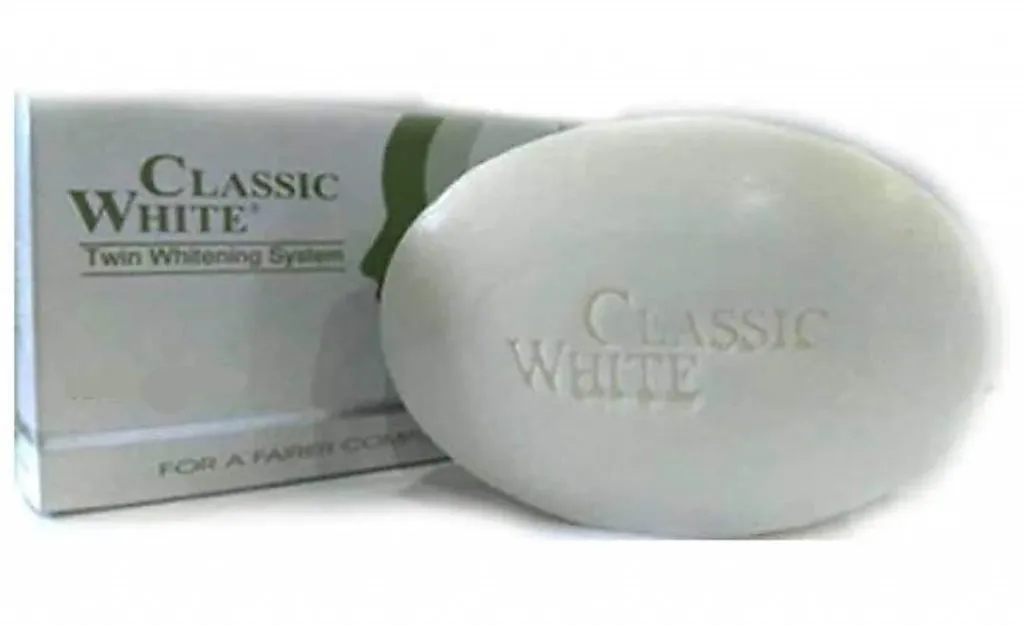
Dark spots, such as those caused by sun damage, aging, or acne scars, are a common concern. Whitening soaps often contain ingredients that specifically target these blemishes. Hydroquinone, kojic acid, and vitamin C are examples of ingredients known to reduce the appearance of dark spots. These ingredients work by reducing melanin production in localized areas, leading to a more even skin tone. Results may take several weeks or months to become noticeable, depending on the severity of the spots and the concentration of active ingredients. Protecting the skin from further sun damage is crucial to prevent new spots. Always apply sunscreen when using whitening soaps. With consistent use, many individuals experience a significant reduction in the appearance of dark spots.
Even Skin Tone
Uneven skin tone, characterized by patches of darker or lighter areas, can make the complexion look dull. Whitening soaps aim to even out the skin tone by regulating melanin production. By inhibiting the enzyme tyrosinase, the soaps help reduce areas of hyperpigmentation. The process promotes a more uniform skin appearance, leading to a brighter and healthier complexion. Ingredients like niacinamide and licorice extract can contribute to this effect. Regular use, combined with other skincare practices, will yield the best outcomes. It is important to understand that achieving even skin tone takes time and consistency. Results are often gradual, with noticeable improvements over several weeks or months.
Exfoliation
Many whitening soaps have exfoliating properties. Ingredients such as alpha-hydroxy acids (AHAs) and beta-hydroxy acids (BHAs) help remove dead skin cells. Exfoliation reveals the new, brighter skin underneath and promotes faster cell turnover. By removing the surface layer of dead skin cells, the soaps improve the effectiveness of the whitening ingredients, allowing them to penetrate deeper. Regular exfoliation also helps improve skin texture and reduces the appearance of fine lines. It is important to follow up with a moisturizer to prevent dryness. Exfoliation can increase skin sensitivity to the sun. Therefore, it is crucial to use sunscreen daily. Integrating exfoliation can be very beneficial to your skincare routine.
Hydration
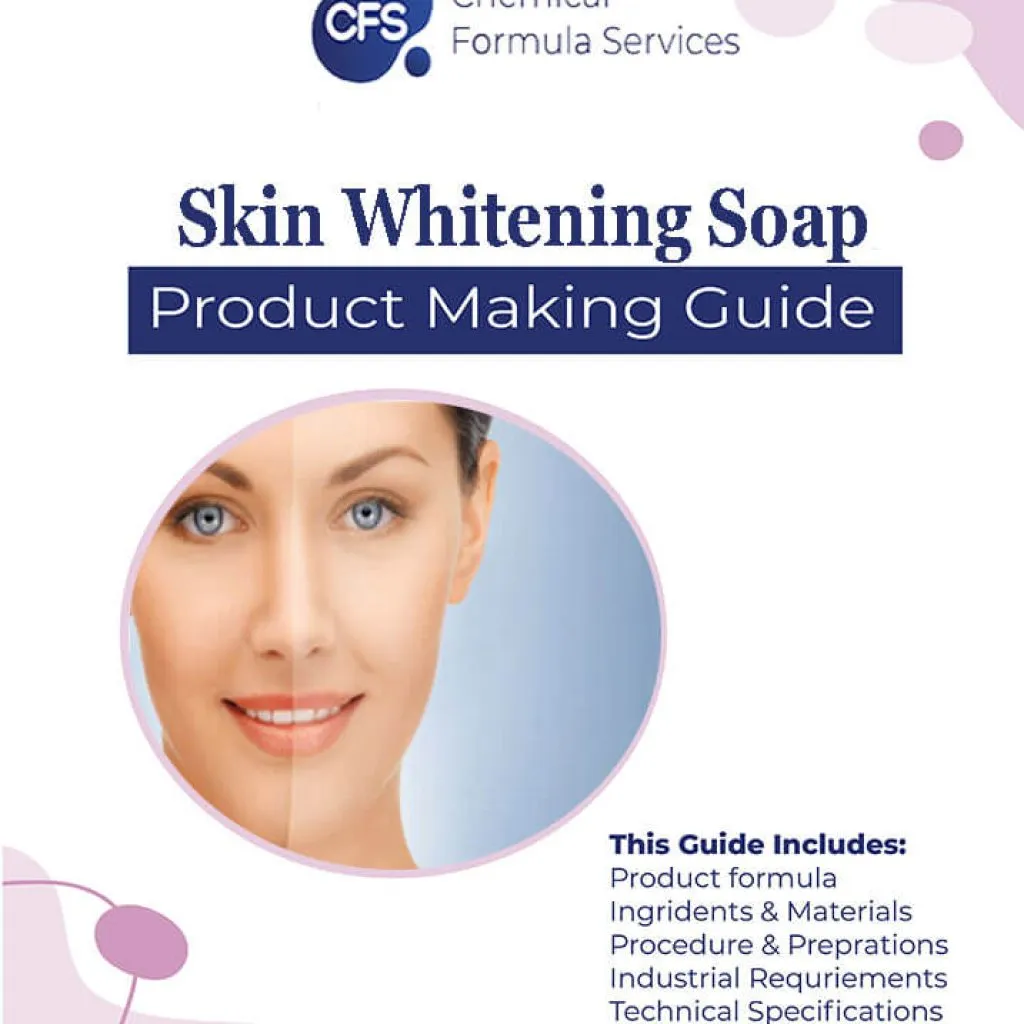
Many whitening soaps are formulated with moisturizing agents to hydrate the skin. Hydrated skin is more radiant and healthy-looking. Ingredients like glycerin and hyaluronic acid help retain moisture. Hydration is essential because the ingredients used for whitening, especially exfoliants, can sometimes dry out the skin. Maintaining proper hydration helps to reduce irritation and support the skin’s natural barrier. Well-hydrated skin appears smoother, with a more supple and youthful look. Ensure your soap contains moisturizing ingredients to prevent dryness. Consistent hydration is key to achieving the best results.
Types of Whitening Soap
Whitening soaps come in various forms, each containing different active ingredients and designed for different skin types and concerns. Understanding the available types is essential to choose the right product. The soaps vary based on their ingredients. Some soaps focus on one key ingredient, while others use a combination. Always check the label for the active ingredients. It is important to research and choose a product that aligns with your skincare goals. The effectiveness of the soap depends on the concentration and quality of ingredients. Select a soap that suits your skin type. Selecting the right type of soap is crucial for optimizing your skin.
Ingredients to Look For
When choosing a whitening soap, focus on ingredients that have been scientifically proven to lighten the skin. These ingredients often work by inhibiting melanin production or promoting exfoliation. Look for ingredients such as kojic acid, a natural compound produced by fungi, which helps to lighten skin and reduce dark spots. Vitamin C, a powerful antioxidant, can brighten skin and protect against free radical damage. Hydroquinone, though effective, should be used cautiously due to potential side effects and should be under professional guidance. Arbutin, derived from the bearberry plant, inhibits melanin production and is often a gentler alternative to hydroquinone. Niacinamide, a form of vitamin B3, can even out skin tone and reduce hyperpigmentation. When selecting whitening soap, make sure to choose a trusted brand.
Ingredients to Avoid
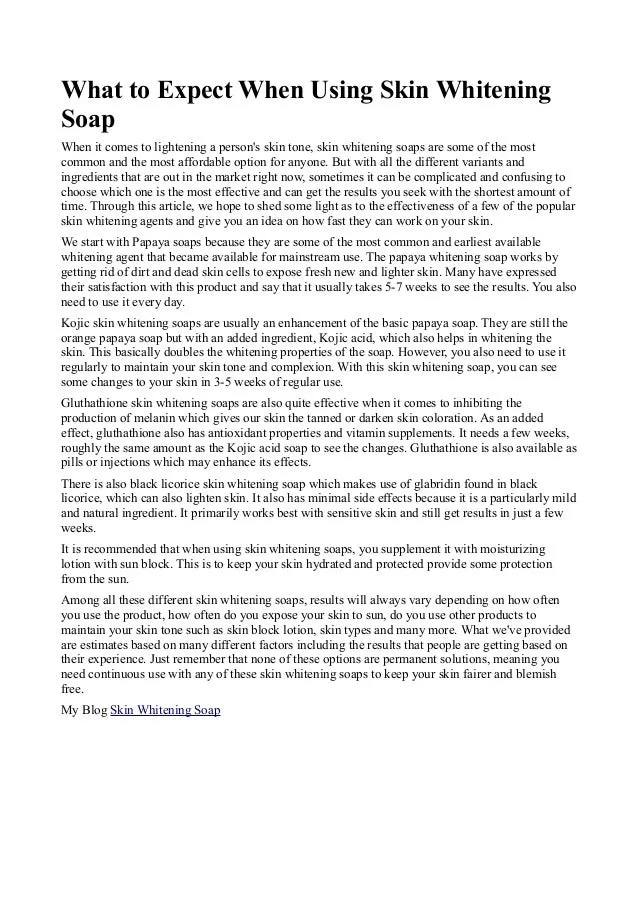
While some ingredients are beneficial, others can be harmful or ineffective. Be cautious of soaps containing harsh chemicals that can irritate the skin. Avoid soaps with excessive fragrances and dyes, as they can cause allergic reactions. Some whitening soaps may contain mercury, a highly toxic substance, which is illegal in many countries. Always check product labels carefully. Avoid products with excessive concentrations of hydroquinone or other potent ingredients, as overuse can lead to skin damage. If you have sensitive skin, steer clear of soaps with strong exfoliants. When in doubt, consult with a dermatologist. Make sure that you understand the ingredients before purchasing whitening soap.
How Whitening Soap Works
Whitening soaps primarily work by targeting melanin production. Melanin is the pigment responsible for the color of your skin. The active ingredients in whitening soaps disrupt the process of melanin synthesis. Whitening soaps use different mechanisms. Some soaps work by inhibiting the enzyme tyrosinase, which is crucial for melanin production. Others work by promoting exfoliation, removing the outer layer of skin cells that contain excess melanin. The effectiveness depends on the ingredients, their concentrations, and how the soap is used. Always use the soap as per the instructions on the product label. Be patient; it takes time to see results. Understanding the science behind the process is essential for a realistic view of results.
The Science Behind Whitening
The science of skin whitening revolves around understanding melanin production. Melanin is produced by melanocytes, cells found in the skin. Tyrosinase is an enzyme that plays a crucial role in melanin synthesis. Whitening ingredients often inhibit this enzyme. Other mechanisms include antioxidants. These ingredients can protect the skin from free radicals, which can stimulate melanin production. Exfoliation is another key factor. Removing dead skin cells accelerates the turnover of skin cells. It also helps to reveal brighter skin. Consistent use is critical for achieving significant results. Understanding these scientific principles will help you appreciate the benefits of whitening soap.
Melanin Production and Whitening

Melanin production is a complex process. Exposure to the sun and genetic factors trigger melanin production. Whitening products aim to disrupt this process. They interfere with the enzymes and pathways involved. Ingredients like hydroquinone block tyrosinase. This reduces melanin synthesis. Other compounds act as antioxidants, neutralizing free radicals. These can prevent melanin production. Regularly using whitening soaps can reduce melanin production. The effect can result in a brighter and more even skin tone. Remember that results vary, depending on various factors. Understanding the role of melanin will help you choose the right product.
Usage and Precautions
Using whitening soap safely and effectively requires attention to instructions and precautions. Start by performing a patch test on a small area of skin. Observe for any adverse reactions. Follow the product’s instructions carefully. Overuse can lead to dryness, irritation, or increased sun sensitivity. Incorporate a broad-spectrum sunscreen into your daily routine. This protects your skin from further damage. Be patient; results take time. Be aware of potential side effects. When used correctly, whitening soaps can be a valuable tool for achieving a brighter complexion. Taking the right precautions is crucial for ensuring that you get the best results.
How to Use Whitening Soap Effectively
To use whitening soap effectively, begin by wetting your skin. Lather the soap gently. Massage the lather onto your skin for a short duration. Rinse thoroughly with water. Pat your skin dry gently with a soft towel. Apply a moisturizer to hydrate your skin. Use the soap as directed on the product label. Avoid over-washing or scrubbing, as this can irritate the skin. For best results, use the soap consistently. Integrate it into your daily skincare routine. Use sunscreen every day. This will protect your skin from further damage and help maintain results. Following the guidelines will maximize effectiveness.
Potential Side Effects and Risks
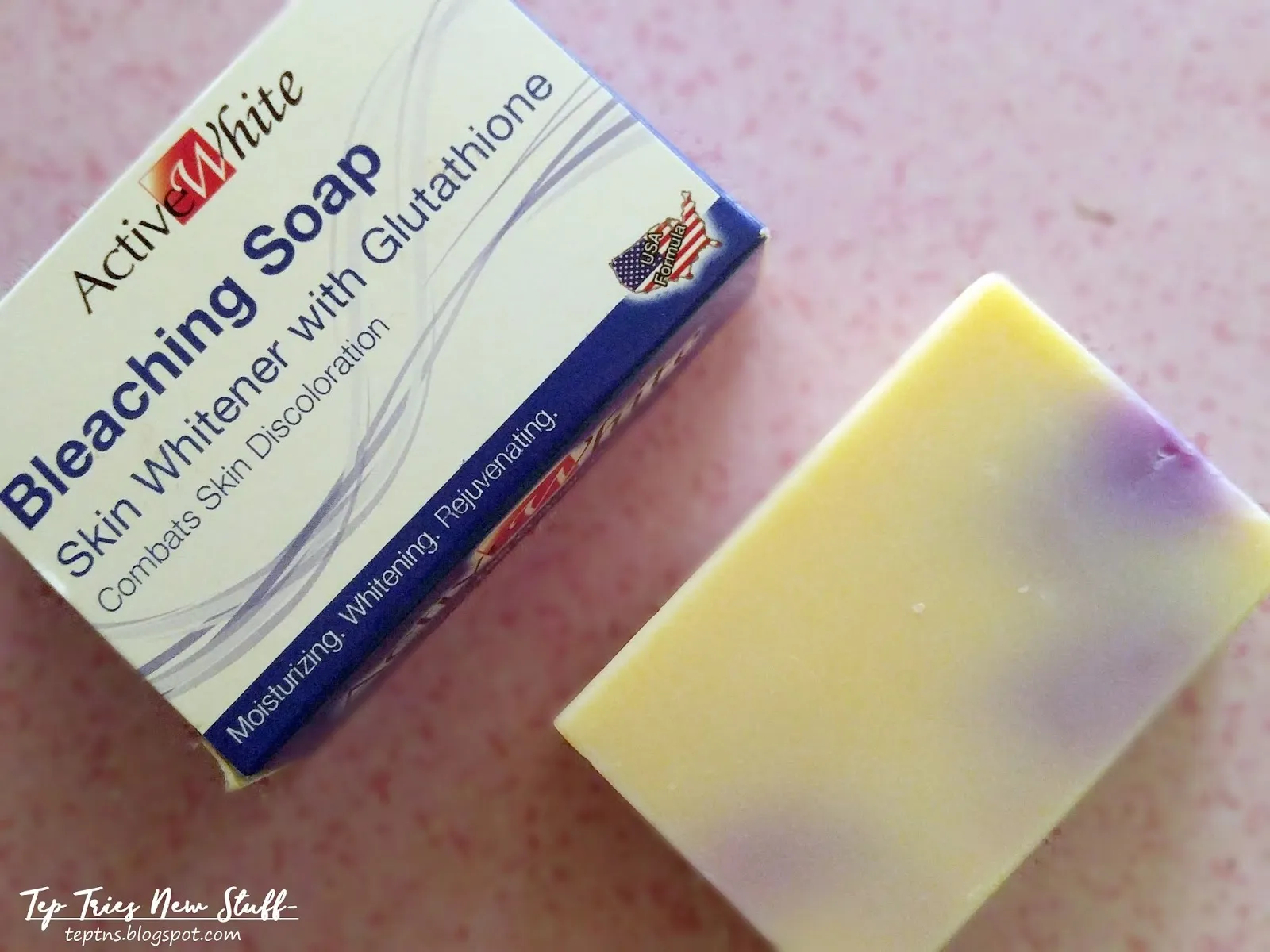
Whitening soaps, although beneficial, can carry potential side effects. Skin irritation, redness, and dryness are common. Overuse or strong concentrations of ingredients can cause these effects. Some individuals may experience allergic reactions. Perform a patch test before regular use. If you have sensitive skin, be cautious. Prolonged use of certain ingredients, like hydroquinone, can lead to ochronosis. This condition causes the skin to become darker. In some rare cases, products containing mercury can cause serious health issues. Make sure to carefully read labels, select products from trusted brands, and be aware of the risks. If you experience any adverse effects, stop using the product and consult with a dermatologist.
Choosing the Right Whitening Soap
Choosing the right whitening soap depends on your skin type. It involves understanding your skin’s needs and the ingredients. Consider these factors before selecting a product. Start by determining your skin type. If you have dry skin, opt for soaps with moisturizing ingredients. If you have oily skin, look for soaps that control excess oil. Understand your skin’s sensitivity. People with sensitive skin should choose gentle soaps. Evaluate the ingredients carefully. Check for the concentration and quality of the active ingredients. Consider product reviews and recommendations. Consult with a dermatologist. They can offer tailored advice. By understanding your skin’s needs and doing careful research, you can find a safe and effective whitening soap.
Skin Type Considerations
Your skin type is a crucial factor in selecting the right whitening soap. Different skin types have different needs and react differently to ingredients. If you have dry skin, choose soaps with moisturizing components like glycerin. These will help prevent dryness and irritation. If you have oily skin, look for soaps that balance oil production. Soaps containing ingredients such as salicylic acid can be beneficial. If you have sensitive skin, select gentle soaps that are free of harsh chemicals. Avoid soaps with excessive fragrances and dyes. For combination skin, consider a soap that addresses both dryness and oiliness. Testing the product in a small area is always recommended. Understanding your skin type is a key factor in choosing the most suitable product.
Product Recommendations
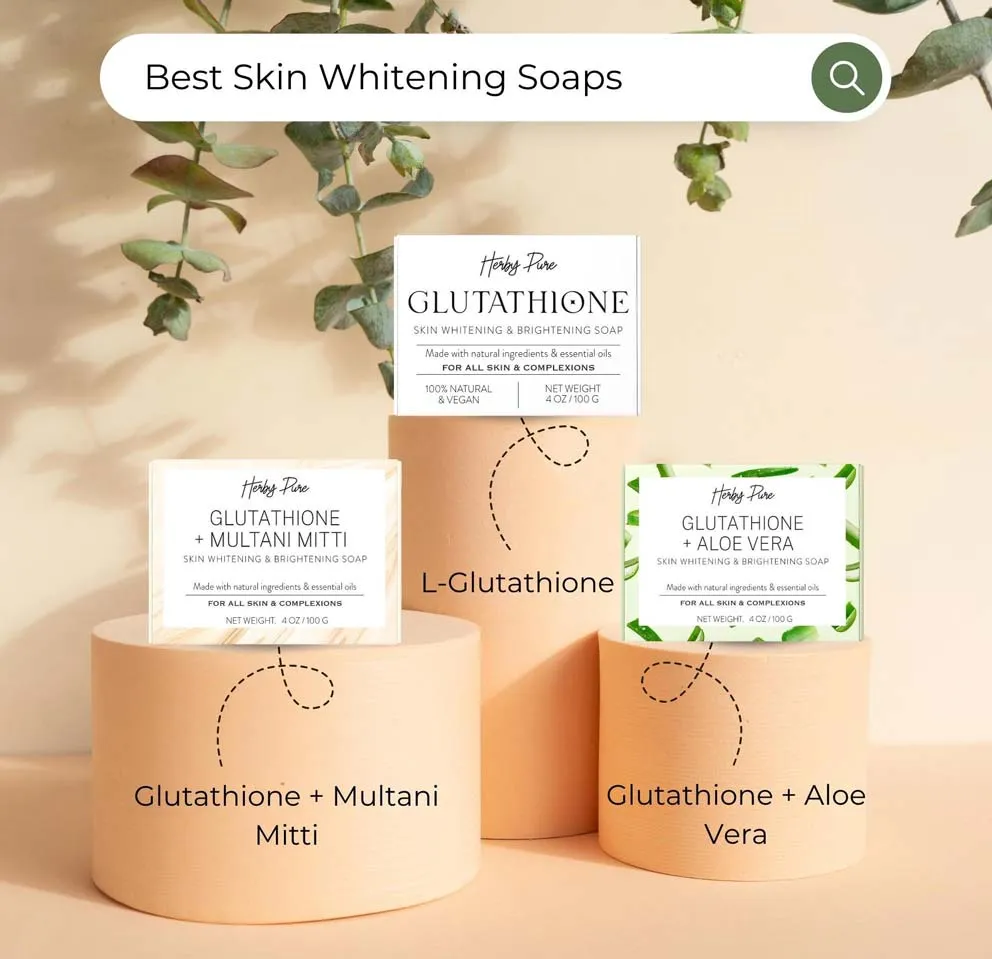
It’s important to consult with a dermatologist for personalized product recommendations. They can assess your skin type and recommend the best products. Look for soaps that combine effective whitening agents with moisturizing ingredients. Products with vitamin C and kojic acid are often well-regarded. Be mindful of product reviews and ratings. Research the brand’s reputation and ingredient list. Prioritize brands that are transparent and have proven results. You can also ask for recommendations from friends, family, or online forums. Always start with a patch test to check for any allergic reactions. Consistent use is key to seeing results. Consult a dermatologist for the best results. Choosing the right product is crucial.
Whitening soaps provide an array of benefits, from skin brightening and reduced dark spots to evening out skin tone and promoting exfoliation. By understanding the ingredients, potential side effects, and how to use these soaps effectively, you can incorporate them into your skincare routine safely. Always prioritize your skin’s health, choose products wisely, and seek professional guidance when necessary. With careful selection and consistent use, whitening soaps can be a valuable tool for achieving the radiant and flawless skin you desire. Always be aware of the potential risks. Remember to protect your skin from the sun and use the products as directed.
